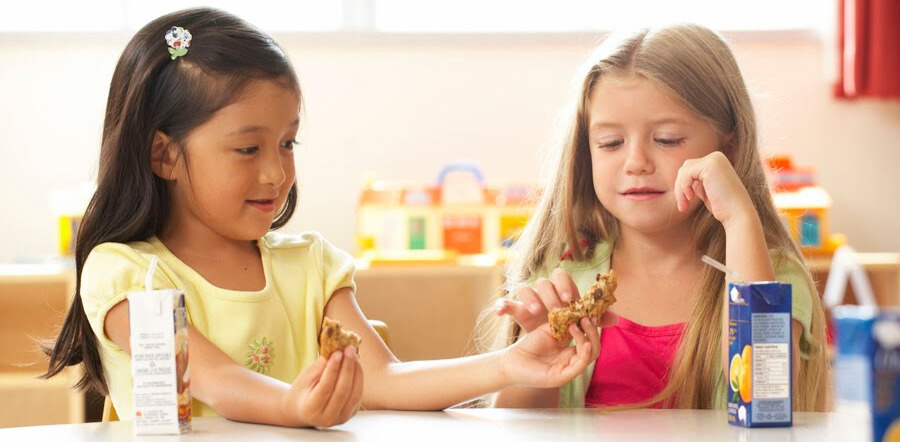Gratitude is an embrace of ideas, virtues and emotions. It is a lens through which I perceive the proverbial glass as half full, always grateful for the silver linings amidst the clouds. When it comes to instilling gratitude in children, occasions such as Thanksgiving provide a perfect time to encourage and develop the habits for reflection of one’s life. One of the best ways to develop gratitude and assist a child or adolescent to be grateful and more apt to perceive reality from a positive viewpoint is to make time each day to recognize the riches of the day and celebrate them.
My interactions with children and their families have shown me that those who make it a daily habit to express gratitude tend to radiate contentment, joy, and resilience, even in the face of adversity. Parents can weave this practice into their routines engaging in lively dinner table discussions, creating a family ‘gratitude’ list on the fridge or a shared ‘gratitude’ calendar that celebrates the best things of each day. Sometimes a quiet bedtime chat is the best time to focus on being grateful. Teaching children to practice gratitude is a wonderful way to instill positive values and promote emotional well-being.
Here are 10 ways childcare teachers can help children develop a daily gratitude practice:
- Morning Gratitude Circle: Begin each day with a gratitude circle where children can express something they are thankful for. This sets a positive tone for the day.
- Gratitude Journals: Provide each child with a gratitude journal where they can write or draw something they are grateful for each day. Children may choose to share their entries with the class.
- Thank You Notes: Help children create thank-you notes or drawings for their parents, friends, or fellow students. This teaches them the importance of expressing gratitude to others.
- Gratitude Walks: Take the children for a nature walk and encourage them to appreciate the beauty around them by pointing out things they can be thankful for, such as leaves, freshly fallen snow or blue skies.
- Gratitude Artwork: Organize art sessions where children can create artwork based on what they’re grateful for. Display their creations in the classroom as a visual reminder of gratitude.
- Sharing Circle: Create a sharing circle where children can talk about what made them happy or thankful during their day. It promotes open communication and gratitude sharing.
- Storytime: Read books or tell stories that emphasize the importance of gratitude and kindness. Afterward, discuss the story and ask the children what they’ve learned.
- Random Acts of Kindness: Encourage children to perform small acts of kindness, like sharing toys or helping a classmate. Help them recognize the joy in giving and the gratitude it generates.
- Gratitude Games: Develop fun games or activities that highlight gratitude, such as a gratitude scavenger hunt or a gratitude-themed bingo.
- Community Involvement: Organize activities where children can give back to the community, like making cards for senior citizens or collecting items for a local food bank. This teaches them to appreciate what they have and the importance of helping others.
By incorporating these practices into the childcare routine, teachers can cultivate a culture of gratitude, empathy, and kindness among young learners. My interactions with children and their families have shown me that those who make it a daily habit to express gratitude tend to radiate contentment, joy, and resilience, even in the face of adversity. In fact, numerous studies affirm the correlation between gratitude and happiness.
In conclusion, I am always delighted to hear from childcare leaders who have innovative ideas to share about fostering these traits and perspectives. Your insights are invaluable, and I’m more than willing to brainstorm solutions if the approaches I suggest don’t quite hit the mark.
Happy Thanksgiving!
Warm regards,
Gregory Dixon



Leave a Reply
Want to join the discussion?Feel free to contribute!